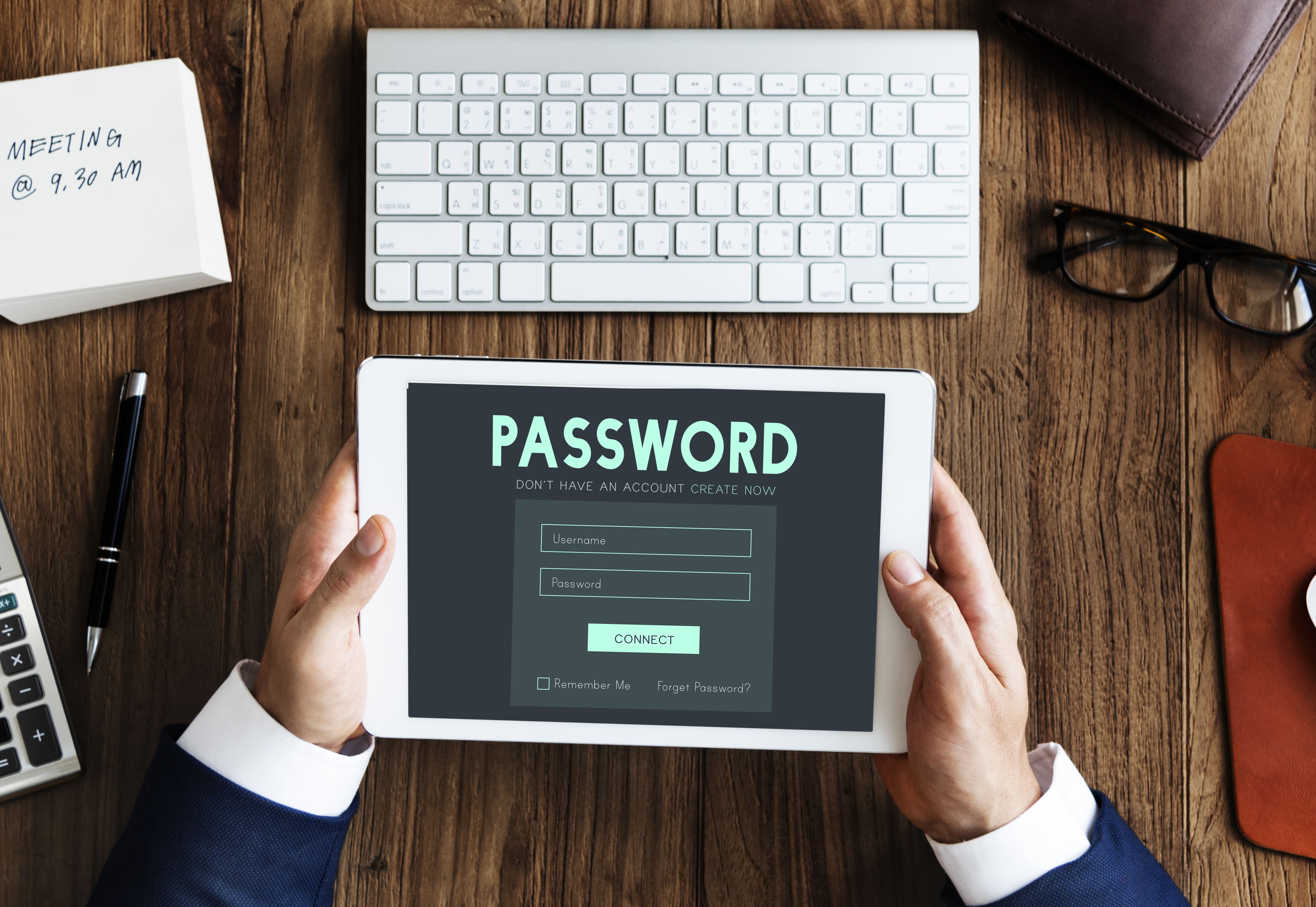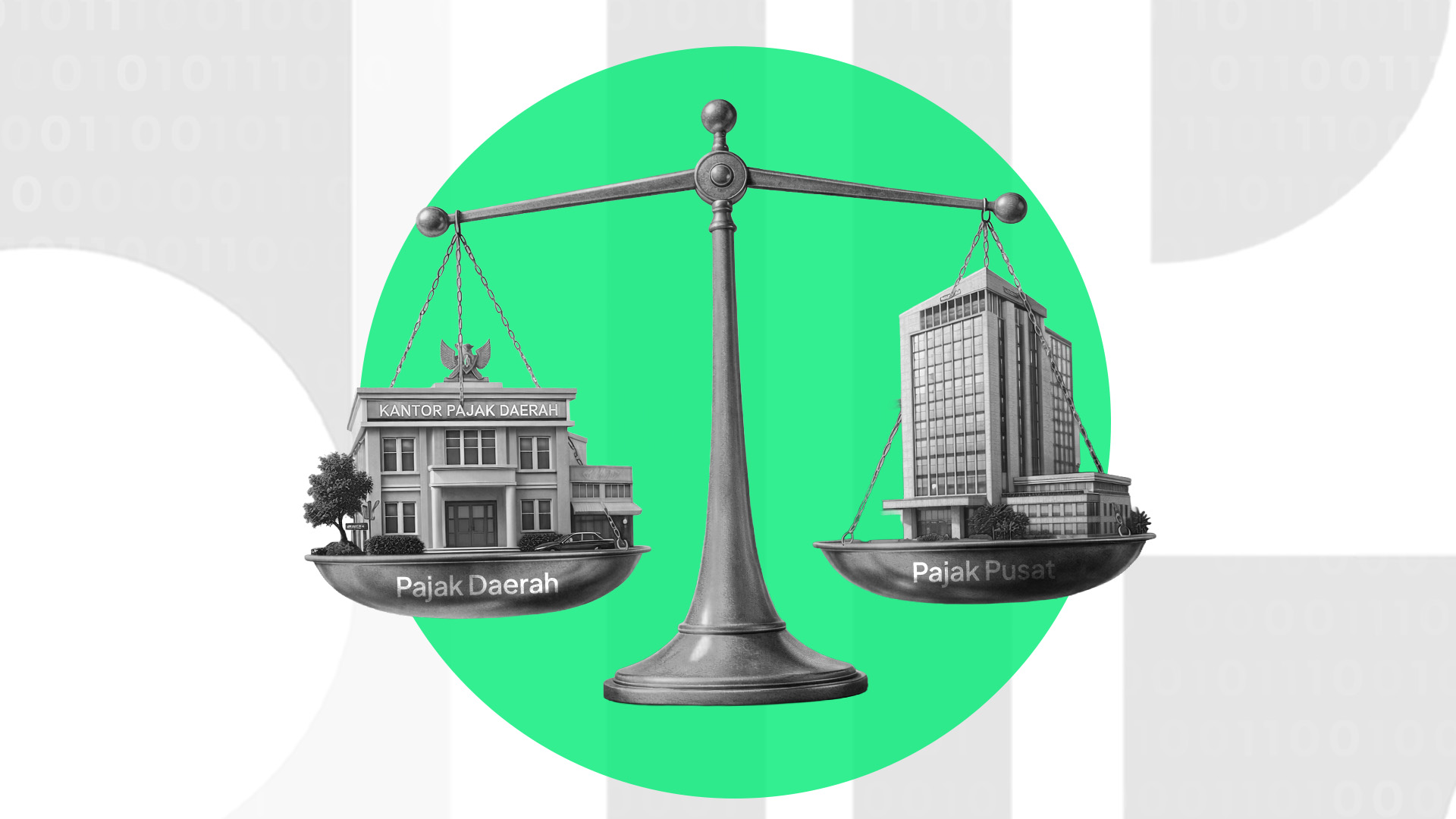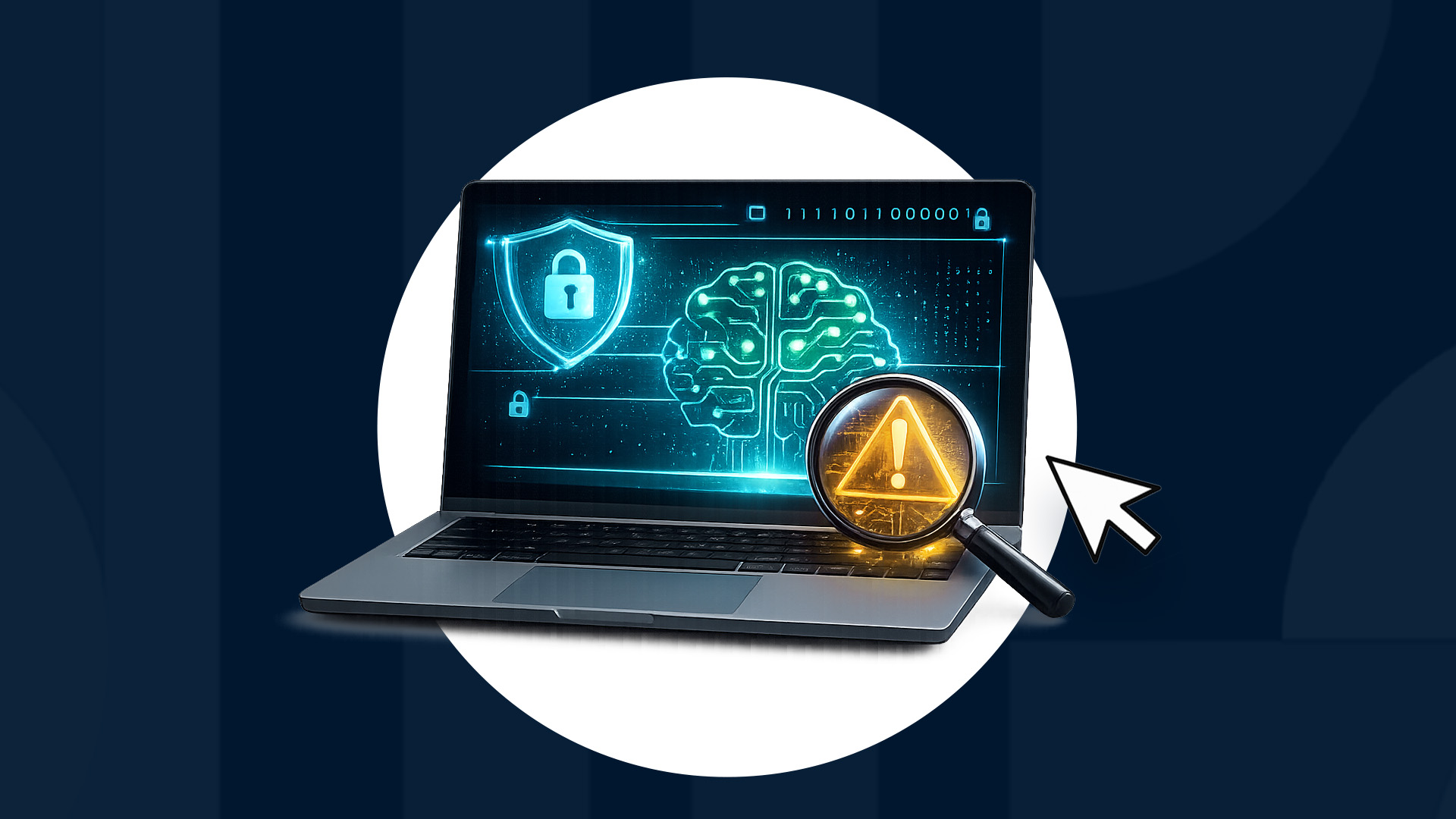The Philippines has witnessed remarkable growth in its digital economy in recent years. According to the Bangko Sentral ng Pilipinas (BSP), digital payments in the country grew from 10% of total retail payments in 2018 to 30.3% by 2021. The BSP aims to digitize 50% of retail payment transactions and bring 70% of Filipino adults into the formal financial system by 2023.
Financial inclusion efforts have shown promising results. As of 2021, approximately 56% of Filipino adults had formal financial accounts, a significant increase from 29% in 2019, driven largely by the pandemic's acceleration of digital adoption. Mobile wallet accounts have grown exponentially, with e-money accounts reaching 33.3 million in 2021, representing a 22% year-on-year increase.
As the Philippines experiences rapid digital adoption, it’s facing a parallel rise in financial fraud. In fact, identity-related fraud has surged by 121% in 2024, with 8.3% of all digital transactions in 2023 flagged as fraudulent (Asian Banking & Finance, Feb 2025). From investment scams and phishing to account takeovers and synthetic identity theft, the threat landscape is evolving fast.
In this increasingly hostile digital environment, identity verification is more than important. It’s a frontline defense for safeguarding customers, securing platforms, and expanding financial inclusion in the Philippines.
Financial Fraud in the Philippines
As the country goes digital, fraudsters are also getting smarter. Here are some of the most common types of financial scams happening in the Philippines:
1. Ponzi and Pyramid Schemes
These scams promise big returns, but they’re fake. Early investors get paid using money from new ones. The Aman Futures case is a well-known example that fooled thousands of Filipinos.
2. Online Scams
Fraudsters use the internet to trick people into giving away sensitive information. There are three types of this scam: Phishing, vishing, and smishing.
3. Identity Theft
Criminals steal your personal info (like name, birthdate, or ID numbers) to make illegal purchases or open accounts under your name.
4. Advance Fee Scams
You’re promised a loan, prize, or job. But first, you’re asked to pay a “processing fee.” Once you pay, the scammer disappears.
5. Online Banking Fraud
Hackers break into online bank accounts, often using stolen credentials from phishing or malware.
6. Card Skimming
Scammers place hidden devices on ATMs or card readers to steal your credit or debit card info.
7. Budol-Budol and Dugo-Dugo
These scams rely on emotional manipulation. In budol-budol, victims are shown fake money to gain trust. In dugo-dugo, someone fakes an emergency (like a family member in danger) to get you to send money quickly.
How Identity Verification Helps Fight Fraud
Strong identity verification acts as the first line of defense against all these threats. It helps platforms ensure that every user is real, legitimate, and accountable. More than just a security step, identity verification is crucial to enabling trust in digital services.
When done right, identity verification does more than block fraud, it also helps unlock access.
Millions of Filipinos remain unbanked, not because they don’t want financial services, but because they lack formal IDs or access to secure authentication methods. This is where digital identity can make a difference.
With tools like PhilSys and advanced digital ID systems, financial platforms can:
- Onboard users faster and more securely
- Offer credit and savings products to more people
- Reduce drop-off during registration
- Build lasting trust with new customers
By securing access without adding friction, identity verification helps close the financial inclusion gap.
To combat rising fraud, Philippine lawmakers and regulators are also stepping in.
- AFASA (Anti-Financial Account Scamming Act) criminalizes fake accounts, money mules, and online scam operations. It gives platforms more power to report and freeze suspicious activity.
- BSP Circular No. 1140 mandates that financial institutions must:
- Implement real-time fraud detection
- Conduct Enhanced Due Diligence (EDD) for risky users
- Enforce digital consent verification and dispute resolution
Identity Verification Tools from VIDA
As fraudsters embrace AI and deepfake technology, traditional security isn’t enough. That’s where VIDA comes in offering multi-layered, AI-powered solutions. Here are products and services:
- VIDA Identity Verification
Combines biometric checks, document validation, and real-time data monitoring to detect fake identities and block synthetic fraud at onboarding. - VIDA FaceToken
A passwordless login that uses liveness detection to ensure only real faces, not photos or deepfakes can access accounts. From user’s POV, they only need to do ‘selfie’ that actually acts like liveness detection. - VIDA PhoneToken
PhoneToken binds user accounts to their verified device. Even if someone steals your OTP or password, they can’t log in without your device. - Fraud Detection
VIDA’s algorithms detect AI-generated impersonation attempts, protecting businesses from advanced fraud tactics.
As the Philippines moves forward in its digital journey, we’re seeing incredible opportunities. Faster access to services, more inclusive financial systems, and a growing digital economy. But with that progress comes risk. Fraud and identity abuse are rising, and if left unchecked, they can undermine trust in digital services.
With stronger regulations, national identity initiatives like PhilSys, and secure solutions from trusted providers like VIDA, businesses now have the right tools to keep fraud out while letting real people in.
Image Designed by Freepik.

.png)

.jpeg)
